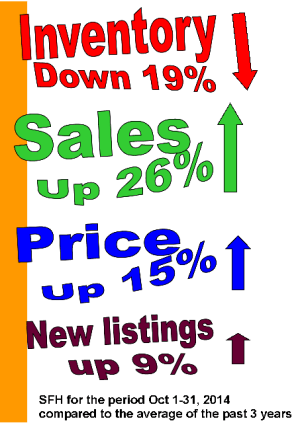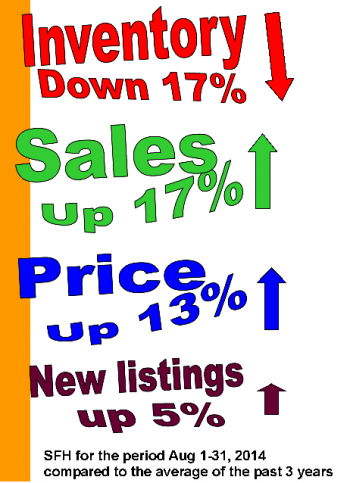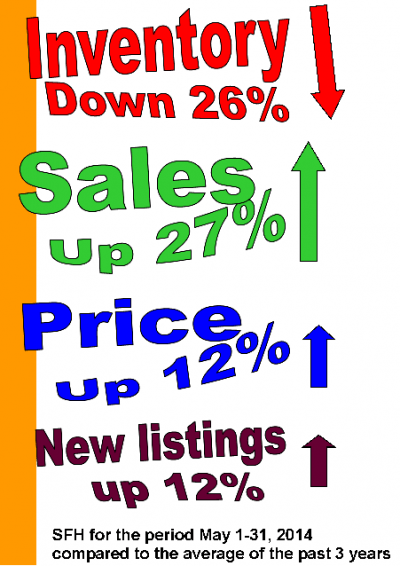Has Mayor Nenshi’s desire to see Calgary build “up” rather than “out” resulted in a lack of land on the outskirts of the city for new builds? The director of the University of Calgary’s School of Public Policy, economist Jack Mintz thinks so…
“Calgary now has moved towards what’s called an intensification strategy. And it’s a good thing to have some intensification because you don’t want to hollow out the middle of the city,” says Mintz.
“But you have to have some balance and if there’s no more expansion that’s going to be allowed, maybe we have to close down parks to make way for new housing. Otherwise prices are going to go up because you’re simply going to have higher land prices.”
Mintz says the city needs to think carefully about limiting new housing development if it wants to make housing more affordable.
“The prices can be policy induced. and if you think of it being artificially high that can happen if you’re no longer getting enough supply relative to the number of people who want to move into Calgary.”
ATB economist Todd Hirsch has a different theory…
“I think that’s part of the reason building costs and material costs and labour costs are a little bit elevated in Calgary still because again we’re not seeing the same impact in Edmonton. So I think Calgary’s flood last year still having some residual carry over effect to these new home prices even today.”
Hirsch says once the flood rebuilding is complete, building costs will come down — and we will likely see more moderate growth in new home prices.
Read more Curbing urban sprawl, flood driving up new home prices
What we didn’t hear in this story is that Calgary is inundated with thousands of new residents every year. Last year alone, net migration to Alberta from the rest of Canada totalled almost 45,000. Would there be a problem with supply, and higher prices, if we weren’t growing so fast?










